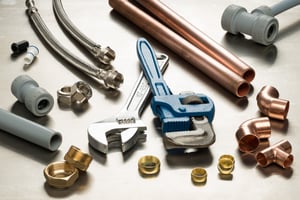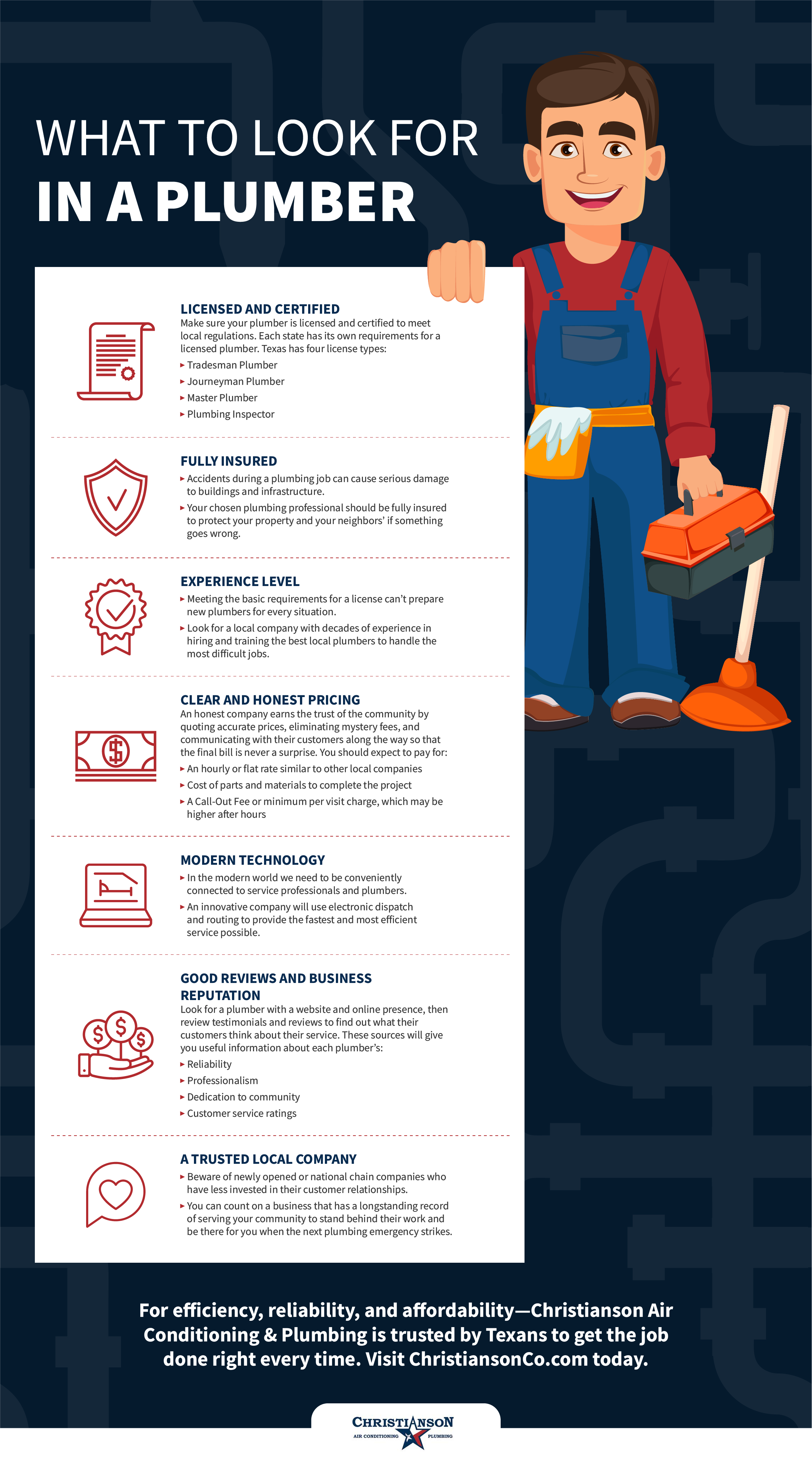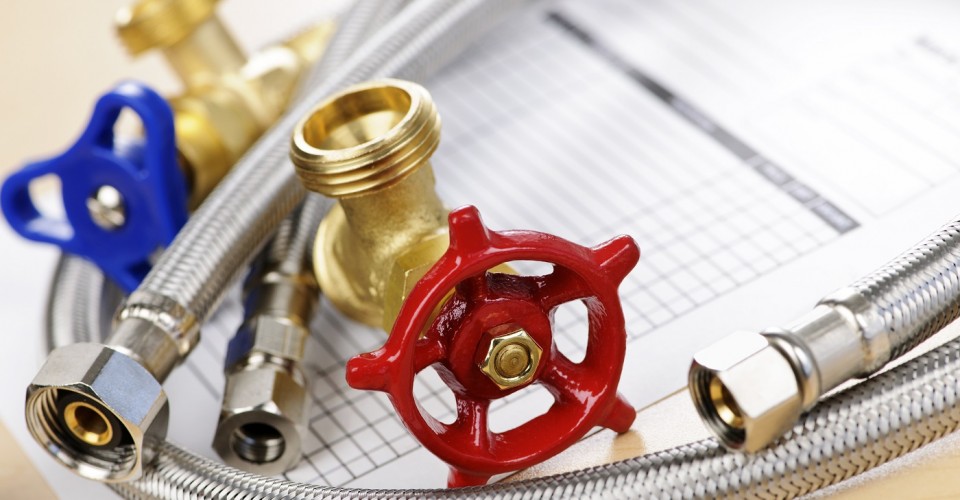All Categories
Featured

[/image][=video]
[/video]
Nevertheless, prior to you rush to call a plumbing or make some poor do it yourself option, you could intend to have a look at these pipes keys that can save you money and time. It is necessary to know where you water closed off valve remains in your home, as this can save you from more significant damage when pipes problems take place.
Once everything is shut off, take a look at your water meter. If the meter proceeds to relocate, it's most likely that you have a leakage somewhere in your system. This approach won't inform you where the leakage originates, however it's a great initial step toward identifying an issue. An ongoing motion on your water meter when all water resources are switched off is a clear warning that requires immediate focus.
Sluggish drains pipes are typically an early caution indicator of a larger problem. It could suggest a blockage in the production, an issue with your drain line, or perhaps tree origins infiltrating your pipelines. Instead of waiting for the drain to come to be entirely obstructed, take activity as quickly as you notice a downturn.
:max_bytes(150000):strip_icc()/top-plumbing-tools-1824860-hero-867cc1e34408463dbab86838f89e7762.jpg)
If these do not function, it may be time to contact a professional. Ignoring the issue can lead to more severe and pricey issues down the line. Understanding where your main water shutoff valve is can conserve you from prospective water damages in instance of a significant leak or pipes calamity.
Is Diy Plumbing Safe?
Make certain every house adult understands where the shutoff valve is and just how to use it. In case of a major leak, rapidly shutting off your home's water supply can reduce damages and provide you assurance while you await a plumbing to arrive. It's a preferred idea that chemical drain cleaners are the ultimate remedy for blocked drains a concept that couldn't be even more from the reality.
The chemicals can wear away the internal cellular lining of the pipelines, leading to damaged structures, leaks, and even pipe bursts. They can permeate into groundwater and contaminate it, presenting dangers to regional ecological communities.
These tools can efficiently clear clogs without creating any kind of damages to your pipelines. If these techniques don't work, do not hesitate to call a professional. Additionally, keep in mind that prevention is constantly better than remedy. Avoid pouring oil, oil, or any solid waste down your drains pipes, as they can strengthen and cause obstructions.

Over-tightening can lead to lots of problems, including stripped screws and broken screws, resulting in leaks or also water damage. This common blunder in Do it yourself pipes tasks can turn a small fixing into an expensive endeavor.
Is Diy Plumbing Safe?
Plumbing's tape, or Teflon or string seal tape, is a must-have tool for every property owner. It develops leak-proof seals at pipe threads, stopping leakages at joints and links.

Prior to affixing any fittings, take a moment to wrap a few layers of plumber's tape around the strings in a clockwise instructions. See to it the tape covers all the strings and is covered tightly. This basic yet critical action can save you from managing irritating leaks down the line.
Bear in mind that for bigger problems, specialist assistance is constantly suggested. To avoid this from taking place, take into consideration installing pipeline insulation.
Plus, throughout chillier months, pipeline insulation can aid avoid your pipes from freezing and bursting a circumstance that can lead to expensive repairs. When it comes to sealing fixtures like faucets, numerous DIY lovers intuitively reach for a plumbing's putty. Yet there's an option that might serve you better silicone caulk.
Should I Do My Own Plumbing?
This adaptability enables it to fit mild shifts or activities without damaging the seal, providing a much more durable and resilient solution. Simply keep in mind to allow the caulk cure completely according to the manufacturer's instructions prior to exposing it to water to make sure the most effective outcomes. "Doping" in pipes refers to applying pipe dope, or pipe joint compound, to the strings of pipes connections prior to they're screwed together.
Latest Posts
Plumbing
Plumber
Emergency Plumbing servicing ,